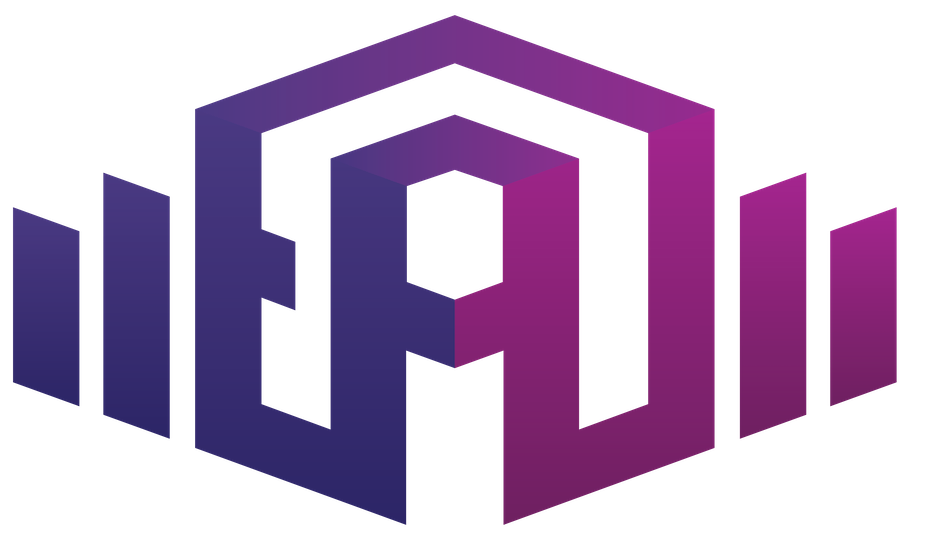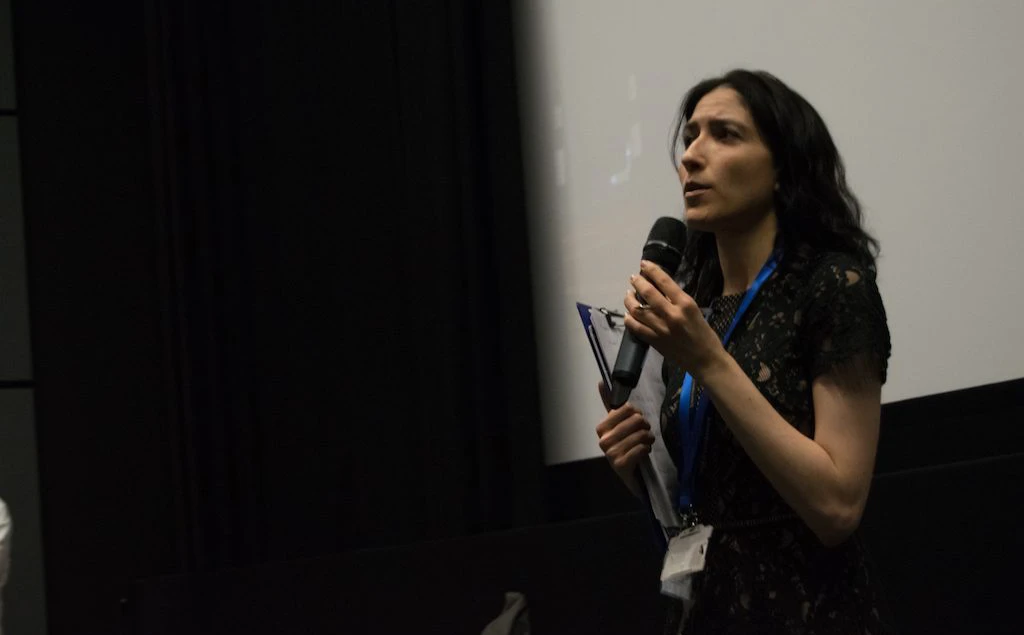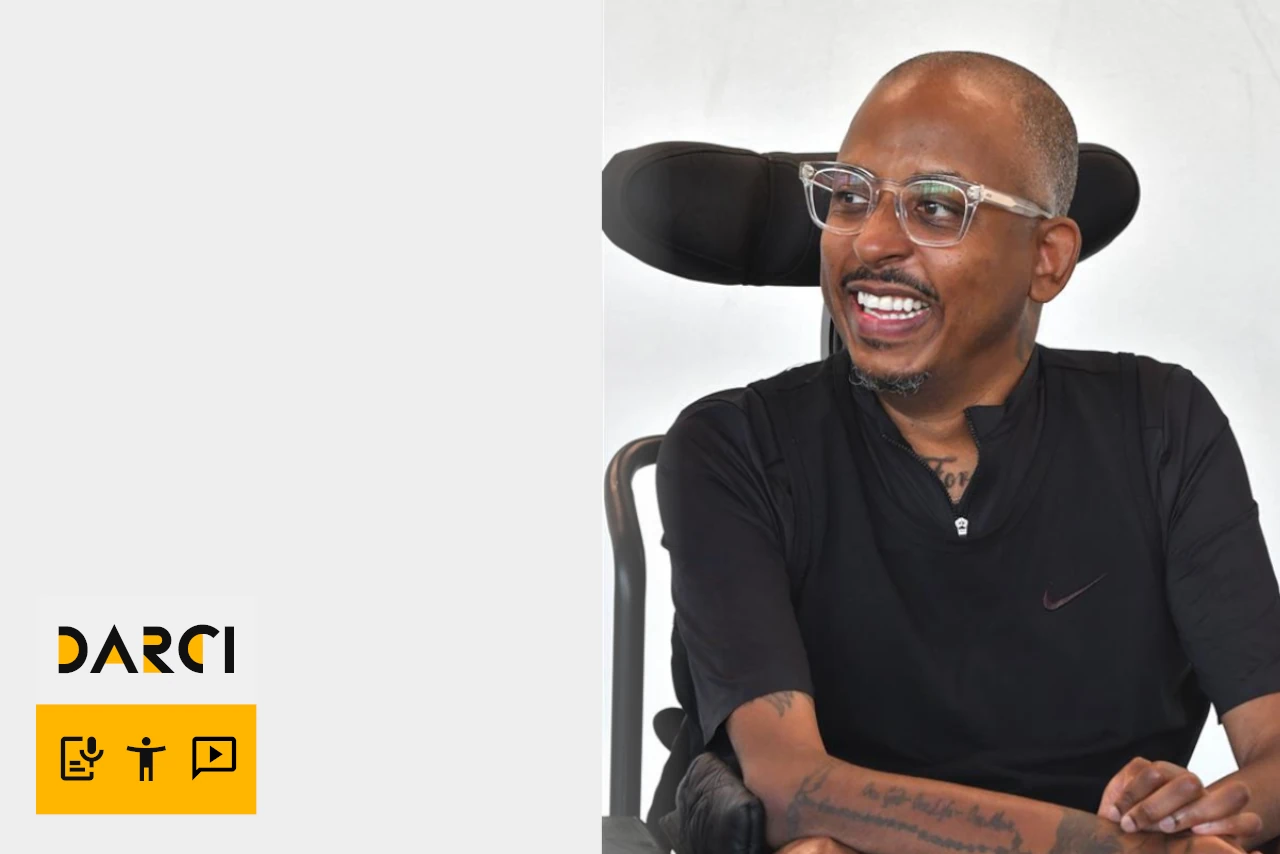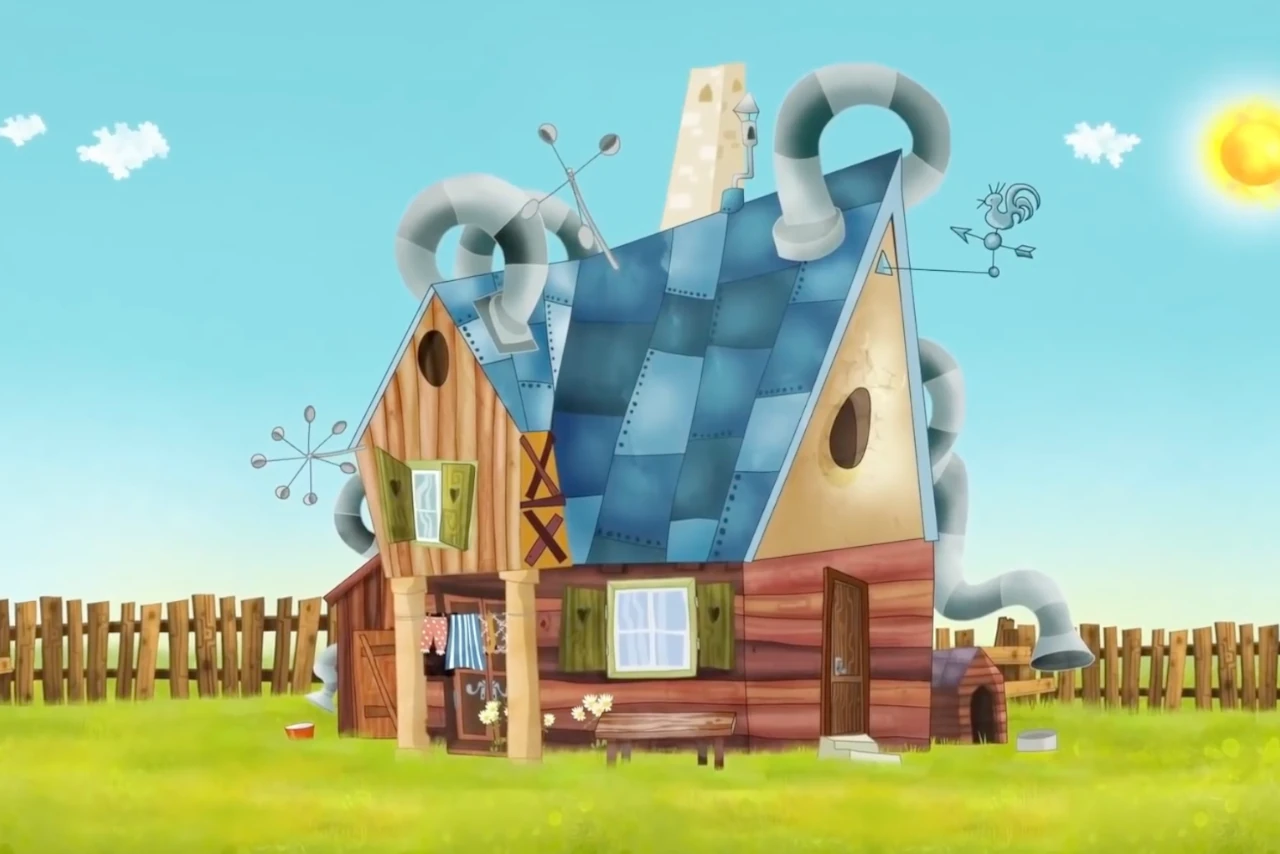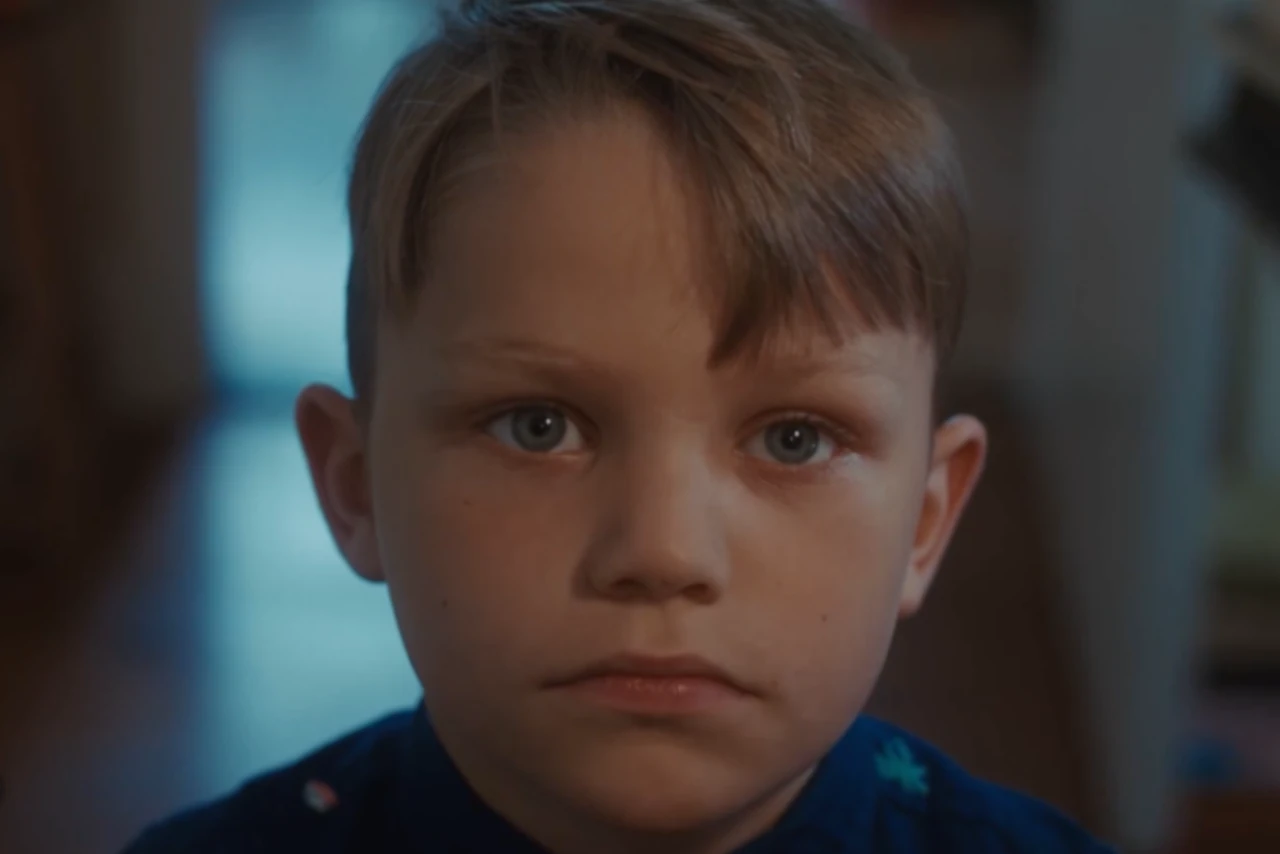First the news!
Our project, which was due to finish by the end of November, has now received an extension until the end of May. This is great news as it allows us to do a few more activities to increase the impact of our research!
EAD Podcast 03
The audio recording below collates Vox Pops where people gave us feedback on our conference in November 2017.
We are currently transcribing this podcast.
Conference Reflection by Mariana
180 people registered to our Conference on Accessibility in Film, Television and Interactive Media, which took place on 14th-15th October at the Department of Theatre, Film and Television at University of York. The event started on the Saturday with a keynote by Maria Oshodi, the director of Extant who took us through the history of the company as well as its ethos. This was followed by three diverse panel sessions covering topics ranging from the use of e-textiles to work with visually impaired people to the challenges of producing good subtitles. The day also included a set of parallel workshops: Alic Joy from Stagetext presented on Online Subtitling to Improve Access and Marketing. Anna Jankowska run the workshop ADDit! to Audio Description and Chris O’Brien from Accessible Media Inc. (AMI) spoke about Integrated Described Video. The day also included poster and demo presentations that featured film screenings by Kate Dangerfield and Cesar Portillo. The first day ended with the exciting installation Flatland by Extant. It was great to see attendees engaging actively with the audio and haptic devises to navigate the space.
Day 2 started with a wonderful keynote by dubbing mixer and head of Sonorous Post Howard Bargroff. Howard took us through a variety of examples, including sections of BBC Sherlock and Rellik and how they were constructed in relation to sound design and spatialisation. The keynote was a great eye-opener for those from the accessibility field, as it highlighted how a lot of elements intrinsic to the soundtrack could actually be used for accessibility. The keynote was followed by a paper session focused on Sound Design and Accessibility, which included presentations from Lauren Ward and Sarah McDonagh. Accessibility was also addressed as a form of Art in paper sessions and this was superbly addressed by our session on Audio Description on Stage which included presentations by Anne Hornsby, Chlöe Clarke and Sami Thorpe. The last paper session consisted of a presentation by Olga Davis, Alexey Kozulyaev and Ivan Borshchevsky on the history of Audio Description in Russia, we learnt so much! Day 2 also included a set of demos and posters, covering subject matters such as AD in Video Games and Rhymed Audio Description. Last but not least, participants were able to choose from a variety of workshops that provided hands-on experiences. These included a workshop by Amanda Redvers-Rowe on The Art of Audio Description and another by Zoe Moores on Respeaking at Live Events. In parallel to those workshops, Mike Armstrong invited participants to learn more about the potential of Object-Based Media for the accessibility sector and Sarah Hoyle together with students from the Department of Theatre, Film and Television’s Masters in Postproduction with Sound Design challenged attendees to solve an Accessible Treasure Hunt!
The Enhancing Audio Description project was also featured throughout the conference including demo sessions and a presentation, followed by a Q&A.
Conference delegates commented on their favourite aspects of the conference –
“How sound can be used as a form of translation and immersion for blind and visually impaired audiences. I also enjoyed the film projections which make me feel part of a film festival. Really entertaining”.
“Sound design speakers and film projections”.
“I enjoyed the mix of presentations, screenings, workshops and posters”.
“The possibility to learn, share knowledge with colleagues all over the world”.
“I enjoyed the conference as a whole. (Thanks again.) But one of the aspects I liked particularly was that there were several papers/workshops by “technically minded” people like sound engineers etc., not just linguists”.
“Meeting such a huge variety of wonderful people!”
“The diversity of the talks and the relaxed atmosphere.”
“Meeting other people interested in the field of AD and chatting in the corridors about how to improve it.”
“Enjoyed hearing about the research being done to enhance audio description and access to arts and culture in general”.
“The mix of theorists and practitioners was great, and definitely meant that the conference felt more complete than most.”
“It was great to find out what other researchers in related fields are doing – many of us are working in similar or related areas and we need to find different ways of sharing our findings and ideas”.
We also consulted our attendees on what would be the one thing that they were most likely to remember in 6 months’ time and here are some of the responses!
“Sound and AD can work together to deliver an immersive experience for blind and visually impaired people.”
“How Audio description would benefit from its integration within the post production process.”
“The Accessible Treasure Hunt”.
“The demonstration of the soundtrack from the EAD research, and the fun atmosphere.”
“The film “Pearl”
“IDV, the history of Russian AD, Sherlock’s sound design.”
“I think just learning about how complex audio description is and how you can’t include everything! I learned a lot about this – didn’t know much before!”
“I was particularly fascinated by the idea of using audio cues within film to signify place and character as in the screening of “Being Human”.”
“Integrated AD from characters perspective”.
“Workshop on respeaking.”
“Facts from the Stagetext company workshop.”
“BBC workshop”.
The event was funded by the Arts and Humanities Research Council AH/N003713/1
Quick stats!
95% were satisfied with the content of the conference; 83% with the conference organisation; 90% with the registration process and the venue!
